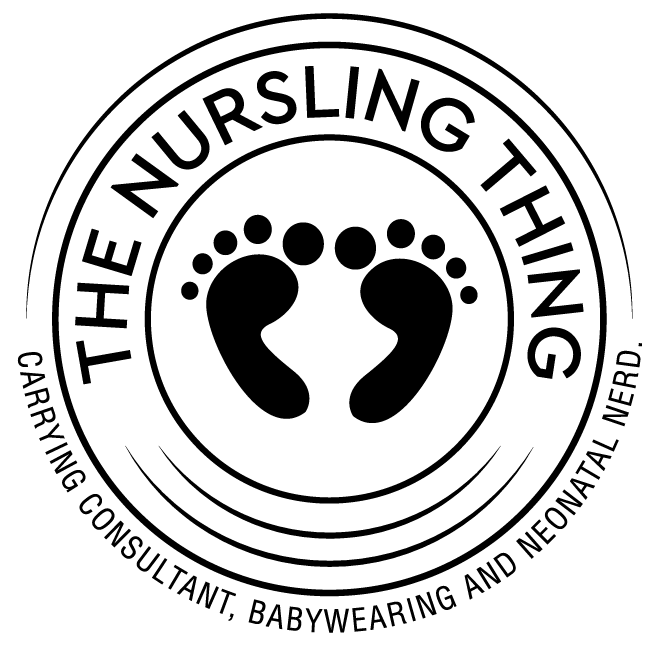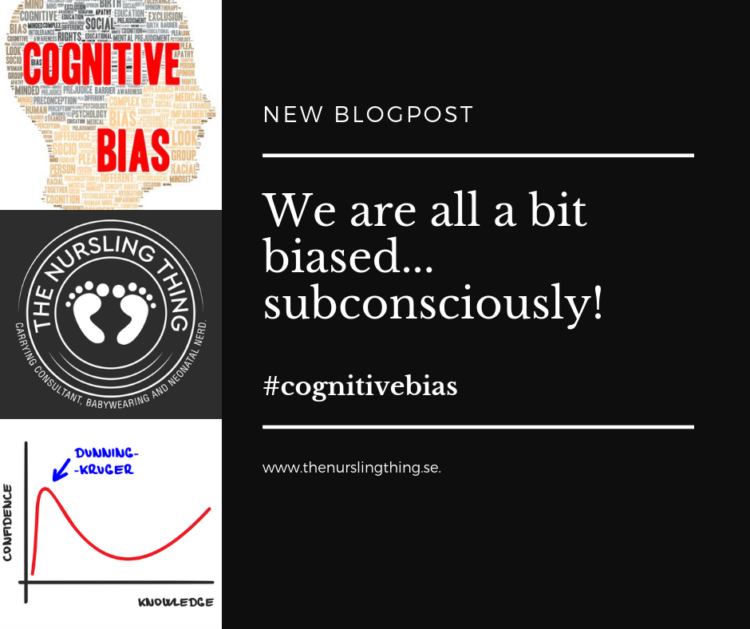Today’s post will be about biases and bias is something that we all struggle with and need to be aware of (in my opinion especially if you’re trying to process facts, information or research or if you’re in a position where you present that kind of material to others). So far so good, but what is it really? Bias is a kind of subconscious shortcut of the mind, in sort of the same way as when you skim through a lengthy text you don’t really read all the letters and you will probably skip a few words as well, still you are able to grasp the text because your mind will subconsciously “fill out the blanks”. When processing information the mind is quite keen to do the same thing, it loves patterns, similarity and familiarity and will therefor subconsciously sometimes try to “fill out the gaps” even when you don’t want it to, which can be a crucial to have in mind! Bias is of course something that goes deeper than just compensating for a few letters, and something that may have far worse consequences, but the analogy is an easy explanation and tends to be needed since it can be quite hard to admit and understand that we all are a bit biased deep down (subconsciously).
This post will list a few most common so called cognitive biases (for a lengthy list check out Wiki: https://en.wikipedia.org/wiki/List_of_cognitive_biases, and there is more than that). So called “statistical biases”, p-hacking and other strictly quantitative errors or tricks will be a separate post.
To start of we need to talk about what is referred to as implicit bias, a broad but most important term since it’s the term that covers our subconscious implicit bias towards personal traits such as sex, gender, race, ethnicity, age, sexual and/or romantical preferences. This is for example the kind of bias commonly referred to in conjunction with the increased risk of getting shot by the police if you’re a black man in the US. Implicit bias is a different thing than preconceptions or stereotypes in the way that bias is subconscious and implicit. Most people don’t even consider themselves biased… do you dare to test yourself?
Here’s a test in English (UK): https://implicit.harvard.edu/implicit/uk/
… and one in Swedish: https://implicit.harvard.edu/implicit/sweden/
Confirmation bias is another one of the most commonly referred to types of bias. In short, confirmation bias means that the mind will (subconsciously) only process information that is in line with the persons own and already formed opinion and disregard information pointing in other directions. Pretty much “what you look for you will find”. Confirmation bias will seek to confirm what the person already believes or thinks and ignoring anything else. It has been discussed that the so called “filter bubbles” could contribute to this, i.e. the personalisation of searches on the internet and algorithms on social media would further filter away content that isn’t in line with what the user has previously read, liked or searched for.
Dunning-Kruger effect is named after two researchers who detected that depending on peoples wisdom/experience they tend to estimate their own capability wrong. They remarkably found that people with little experience (i.e. novices) tended to overrate their capability and had a substantially higher confidence in their skills and ability than persons with longer experience and higher knowledge (i.e. experts) but in turn equipped with a lower confidence (which in turn is usually referred to as because of an expert also is aware of what they do not know). Below is a picture that describes this effect, with some fun bits to make it stick 🙂

Another form of cognitive bias, which may be quite unknown by its name but familiar in its presence is the bandwagon effect. This kind of bias could be an explanation on how trends, for example in fashion or food/diets, arise. If one or a few people start doing, wearing or even believing something, more people are likely to join in subconsciously just because of the first people and thereby getting even more people to “hop on the bandwagon”.
I am categorizing this post under ”research” but that doesn’t really cover it fully, since bias is something we carry with us in all of our daily activities, thereby making this one of the more important posts I’ve written…

